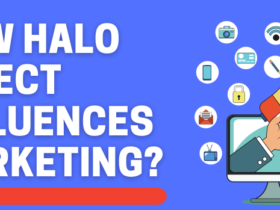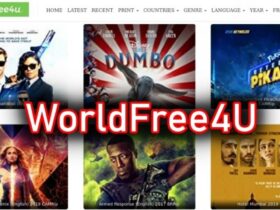by Jozef Opdeweegh
At first sight, the concept of organizational culture is straightforward. So much so that companies regularly talk of being engaging or open, without much explanation as to what that means in practice. If they do provide examples, they will most likely be of the obvious and visual kind, typically highlighting the behaviors that are encouraged and the values they espouse. To show their ducks are in a row, they might point also to a purpose or mission statement that supports these good intentions.
And invariably these statements will be well-meaning. No progressive organization today would promote a culture founded on intolerance, discrimination, or inflexibility. Which is one of the reasons we should be thankful that our attention to these issues is greater than ever. As a passionate believer in values as a force for good, it’s not my intention to trash the advances we have made. Indeed, I have long believed that culture is the rock on which great businesses are built!
But I do think we ought to look a little deeper than we typically do.
The Norwegian sociologist Johan Galtung has written extensively on the subject of political violence. That might not seem an obvious parallel, but do bear with me. For Galtung was one of the first to recognize that there is more to the use of force than the minimalist conception of aggression, wars, killings, or coercion. These tangible examples are underpinned, he claims, by subtler structural and cultural factors which though less overt, are just as powerful, more deeply embedded, and difficult to shift or even recognize for what they are.
In the case of violence, the structures Galtung refers to are those institutionalized processes that deprive people of their basic needs. Racism and sexism are clear examples, but we might add access to health care, denial of suffrage, decent nutrition, or true equality of opportunity… And as for cultural forces, he says we must look at the intergenerational beliefs of communities, religions, and even families, as these have a huge influence over what we consider to be acceptable and morally right.
What Galtung has proposed for political theory is, I’d suggest, an excellent model for considering organizational culture too. The behaviors we see in the workplace, and those most often described in reports and websites, are only the tip of the iceberg — the ‘minimalist conception’ to use his terminology. And as we all know from high school or watching Titanic, icebergs are not only two-thirds below the surface, it’s their hidden bulk that catches ships unawares.
If you look up a description of corporate culture (particularly those provided by companies themselves) what you’ll typically find are statements and case studies that highlight the behaviors which govern how colleagues work together in pursuit of success. There might also be a reference to values and purpose, possibly even ethics and the endeavor for fairness. All this is good so far as it goes.
I wonder though, what we would find if we probed a little deeper, and what this could mean for the ways we might seek to change our cultures for the better. If I’m honest, I sense that I too have been guilty of fixating on what is seen at the expense of attending to what lies underneath. The outward aspects of our culture are vital, but they are only as strong as the configurations and conventions that hold them up.
My friends and mentors would tell me now to stop philosophizing and turn instead to practical advice. They’d have a good point. The iceberg concept is not difficult to follow, but in truth, it’s tough to dive into the cold below. It takes real reflection and objectivity to examine the policies and structures we so often take for granted, and which perhaps feel comfortable to those who’ve established them.
Most importantly, we need to ask ourselves some probing questions. Do our working hours exclude certain sections of society? Are the wages we pay reflective of the culture we espouse? Does our access to management align with a true openness to ideas and involvement? Is the language we use inclusive and easy to follow?
These are only a start. Not least because we should seek a positive take on this too. Could we do more to accommodate disabilities? Might we work harder to share and inform each other of our beliefs? How can we ensure that colleague feedback is vibrant and fresh? I heard recently of a company that was encouraging employees to make TikTok style videos to share their suggestions – what a great idea.
This is the sort of reflection and disclosure that needs to take place, rather than boilerplate statements on fair trading, modern slavery, diversity, and inclusion. It’s an investigation that recognizes we are all culpable, that culture exists not in a vacuum but a context, and that the beliefs we hold are often contradictory to the aims we aspire to. If we want to make progress we must go beyond what we see and even what we believe to be true. For culture runs deep and that means we must look as much beneath as above the waterline.











